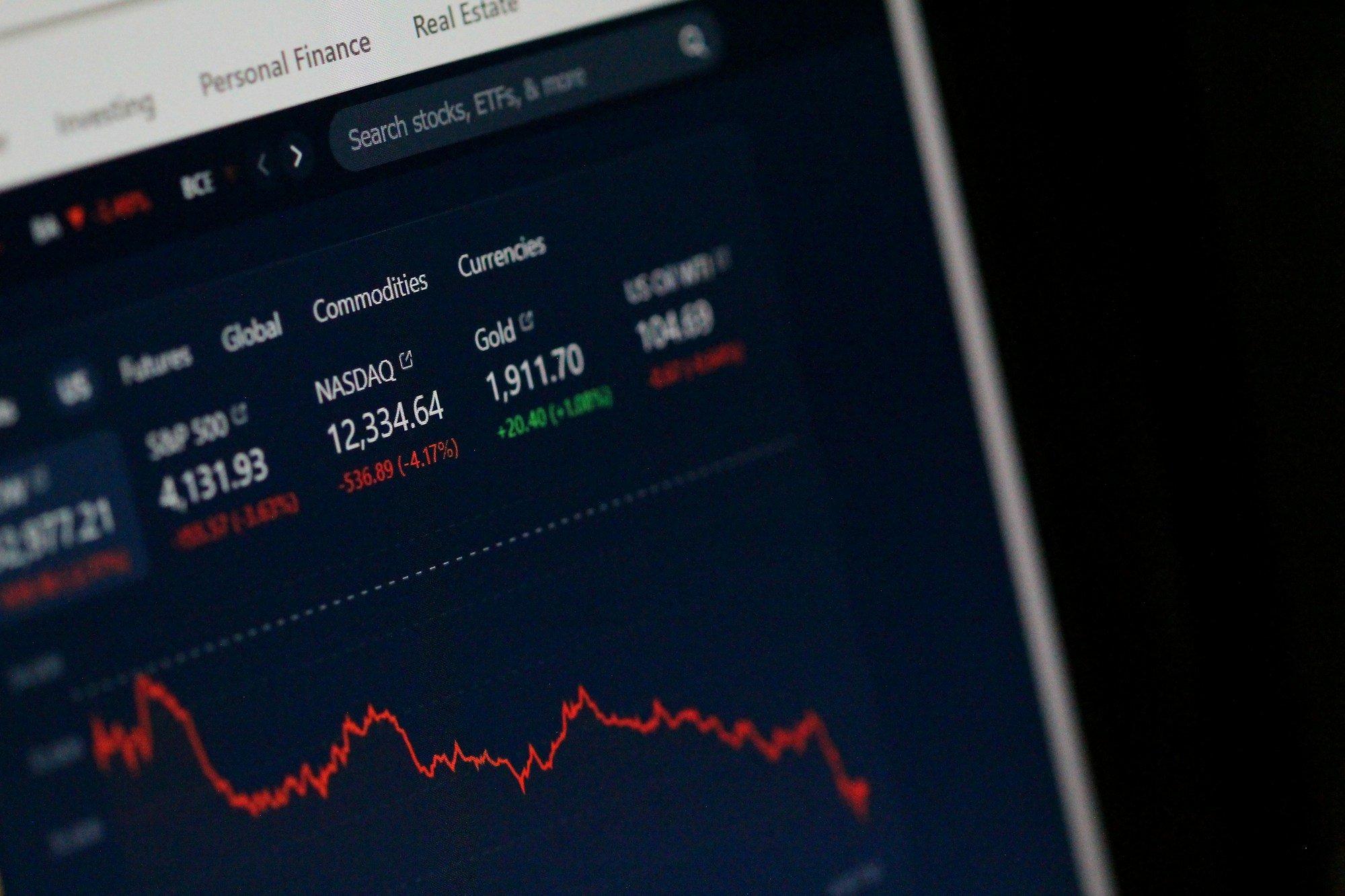Opendoor Technologies (OPEN) saw its stock price surge by more than 100% on Monday, continuing its explosive rally that has captured the attention of retail investors. This surge is the latest in the company's roller-coaster journey, following a 188% rise in just the past week. The iBuyer platform, which allows users to buy and sell homes online, has been propelled upward by a combination of retail trading enthusiasm, social media-driven speculation, and bullish sentiments from key investors. Despite its volatile history, including a near-delisting threat earlier this year, Opendoor’s stock is now trading above $4, a far cry from its all-time high of $39.24 in February 2021.
This frenzy has drawn attention from investors, including those active in meme stock circles, such as WallStreetBets, where Opendoor has become the latest target for speculative bets. Let's dive deeper into the recent rally and what’s driving this surge.
Retail-Fueled Surge
On Monday, Opendoor’s stock jumped 117.78% in midday trading, marking another chapter in its recent explosive growth. This surge follows a 188% gain last week, signaling a continued meme-stock-inspired rally. The price movement has brought the company’s stock to a level above $4, recovering from a rock-bottom price of just above $0.50 less than a month ago. While still far from its peak of $39.24 in early 2021, Opendoor's recent performance highlights the extreme volatility the company has experienced since going public in December 2020.
Retail investors, particularly those on platforms like Reddit’s WallStreetBets, have once again showcased the power of collective buying activity. Data from VandaTrack has shown an uptick in retail trading activity surrounding Opendoor, which is helping fuel this speculative rally. Just as GameStop (GME) and AMC (AMC) saw similar meteoric rises during their own meme-stock runs, Opendoor’s stock is now being driven by a growing wave of retail enthusiasm.
EMJ Capital's Price Target
Driving some of the recent momentum is a public bull case put forward by Eric Jackson, the principal of EMJ Capital. Jackson, who gained recognition for his early bet on Carvana’s turnaround, has set an optimistic price target for Opendoor of $82 per share. In a recent Twitter thread, Jackson argued that Opendoor was on track to report its first quarter of positive EBITDA (earnings before interest, taxes, depreciation, and amortization) by August, a crucial milestone for the company.
Jackson’s forecast is helping to galvanize investor confidence, especially as Opendoor attempts to prove its long-term viability in an industry marked by volatility and competition. Jackson’s focus on the company’s potential to turn profitable in the near term has prompted renewed interest from both retail and institutional investors alike. However, the stock's historical volatility, combined with its lack of consistent profitability, means this remains a highly speculative bet for investors.
Legal and Market Challenges
In May 2025, the company was issued a warning by the Nasdaq for potentially being delisted after trading below $1 for more than 30 consecutive days. This posed a significant threat to Opendoor's listing status, and many investors questioned whether the company could recover. Fortunately, the surge in stock price has temporarily alleviated those concerns, but the company still faces several long-term hurdles.
Additionally, Opendoor settled a class-action lawsuit in June that accused the company of failing to properly disclose issues with its home-price algorithm. The lawsuit alleged that Opendoor’s pricing model was unable to adapt to changes in the housing market, which could undermine its ability to generate profits. These challenges highlight the risks that still loom over Opendoor’s business model, despite its short-term stock success.
The Short Squeeze: High Short Interest Fuels the Frenzy
As with other meme stocks, Opendoor has seen a massive surge in short interest, with more than 25% of the company’s float being sold short by the end of June. This represents a significant portion of the stock’s total shares available for trading and sets the stage for a potential short squeeze. Short squeezes, where investors who bet against the stock are forced to buy back shares as prices rise, can exacerbate stock movements, fueling even higher volatility.
This high short interest has likely contributed to the stock’s rapid gains, as short-sellers scramble to cover their positions amidst the skyrocketing share price. As we’ve seen with other meme stocks, these types of rallies can be incredibly volatile and may lead to steep declines once the speculative interest fades or fundamentals come into play.
Looking Ahead
As Opendoor’s stock continues to rise, the key question is whether the company can translate this newfound investor enthusiasm into sustainable growth. Despite the recent rally, Opendoor’s business model and profitability remain uncertain. The company has yet to post a profitable quarter, and its long-term ability to adapt to market fluctuations is still in question.
Investors will be closely watching the company’s upcoming earnings report in August, particularly to see if it can achieve its first positive EBITDA quarter. If the company can deliver on this expectation, it could further fuel the stock’s rise, attracting even more retail investors and potentially reversing its fortunes in the housing market. However, given the risks associated with its business model and the speculative nature of its stock price, Opendoor remains a high-risk, high-reward investment.













